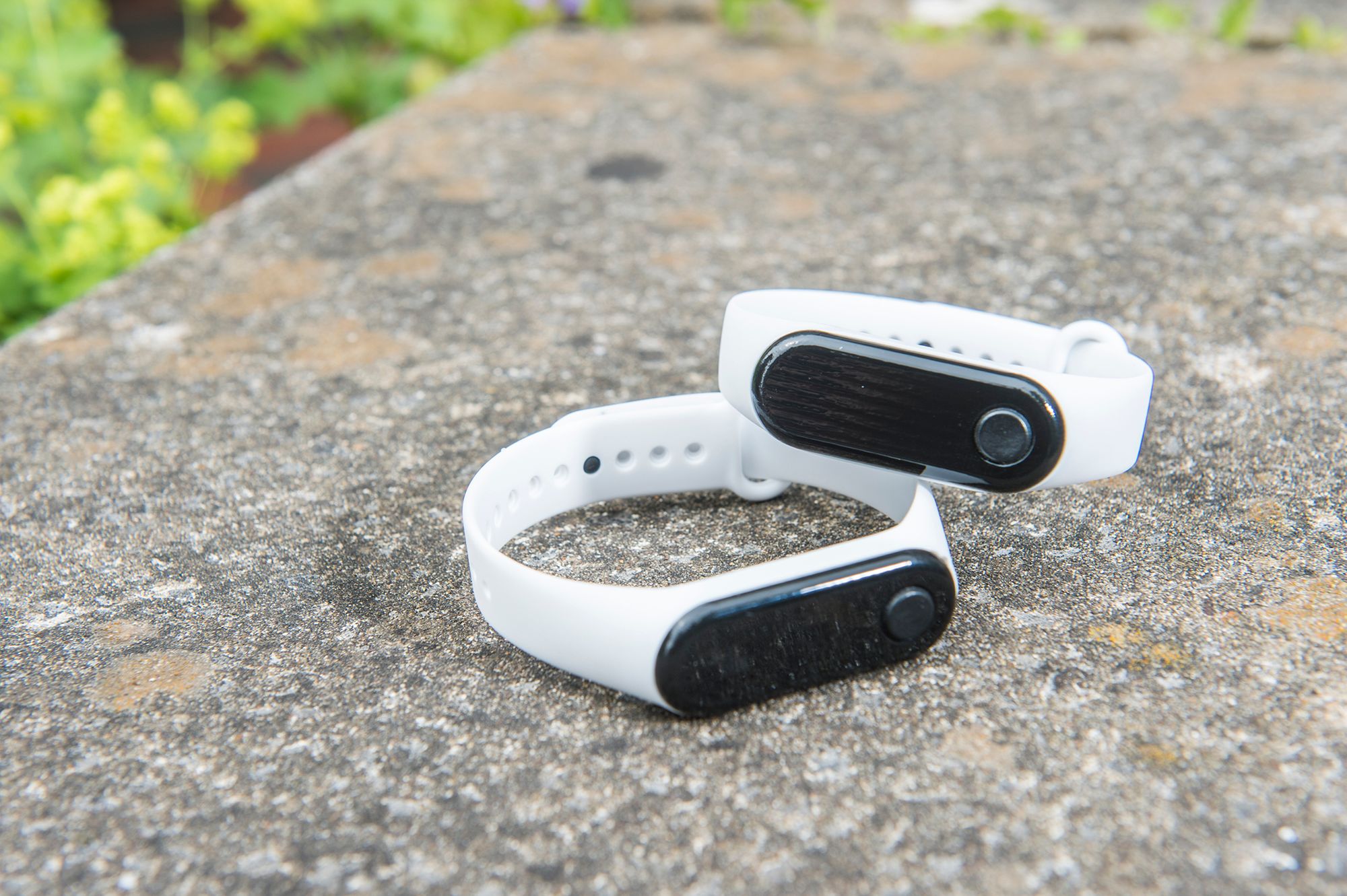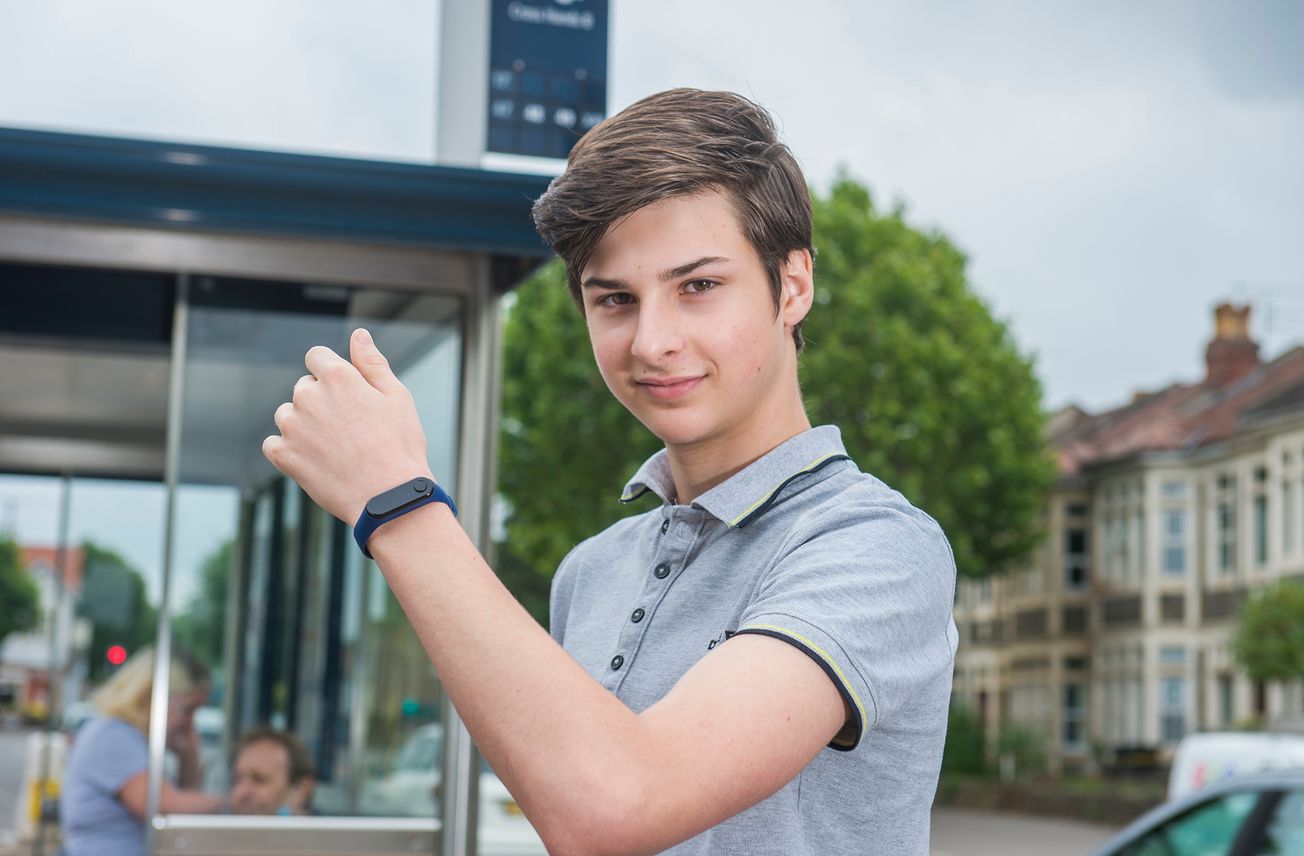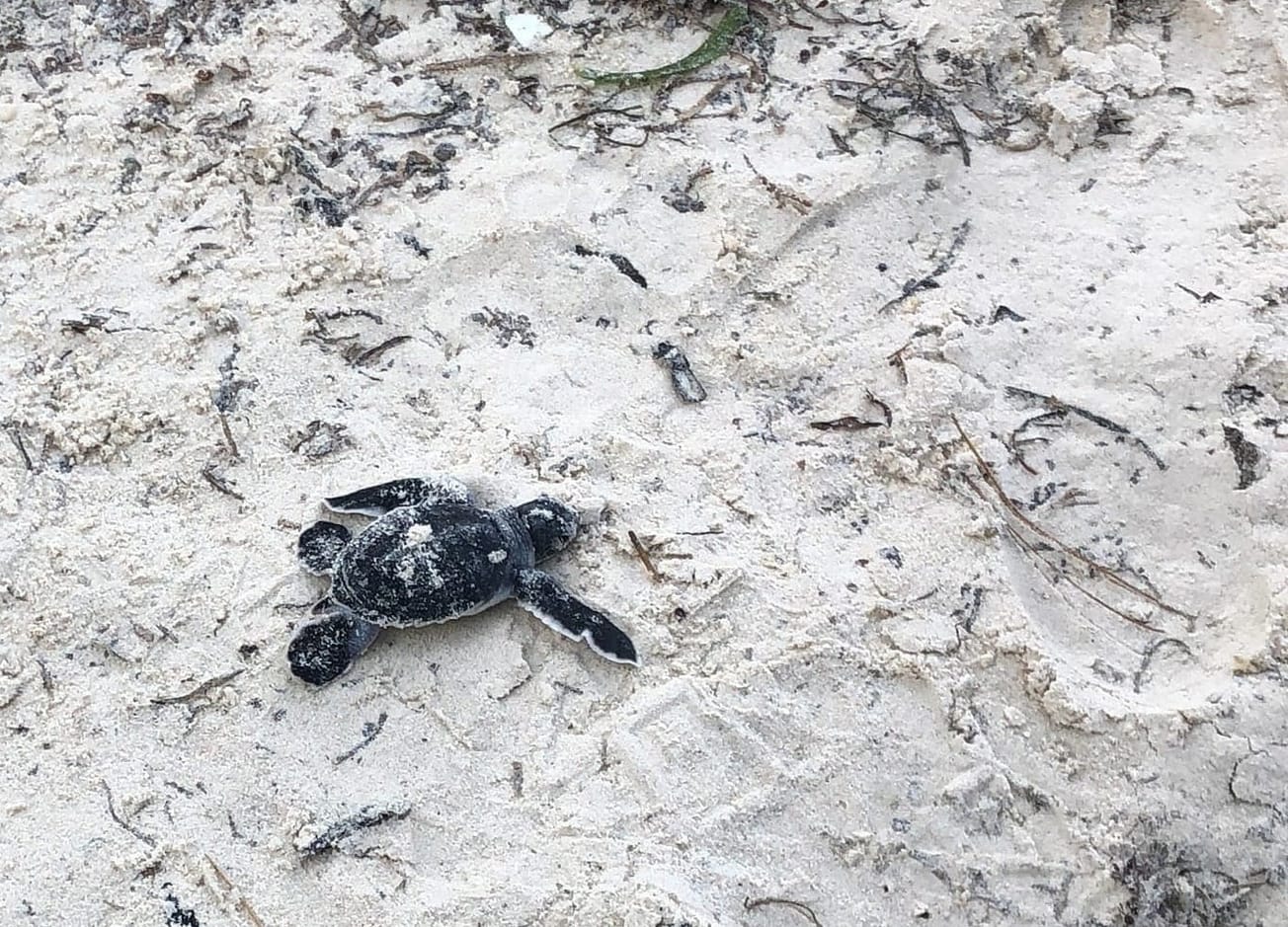By Delhi Kalwan, SciTech Deputy Editor
A 15 year old Bristol teenager has created a wearable wristband that alerts users before they touch their face.
Max Melia, the young entrepreneur was inspired to launch this tech start-up after both his parents were diagnosed with Covid-19. In a bid to prevent further spread of the virus, Max has dedicated his time to taking the wearable device from concept to production-prototype in a matter of weeks.
With a team and Kickstarter campaign to fundraise his new product, named the VybPro, Max’s efforts in harnessing technology to battle the virus has become a global story.

The wristband works simply by vibrating and sounding when the user’s hand reaches for their face. Max’s invention is an easy solution to help train the user out of this unconscious habit; which is known as a common path of transmission for SARS-COVID-2.
His fundraiser quotes a study of students in the University of New South Wales (Australia) which revealed that a group of students touched their faces on average 23 times per hour.
VybPro told Epigram the best way to use the device is for it to be ‘worn on both wrists but it does not need to be worn all of the time.
‘It is of principle benefit if out and about,’ the company added, ‘such as commuting or in an office space. This way if they pick up germs on the hand they reduce the risk of transferring them to the face until they have had a chance to wash their hands.’
Max and his mother, Nathalie Melia, first came up with the idea during the 2018 flu season after his family kept catching the flu whilst travelling in and out of London. However, it wasn’t until the Covid-19 pandemic that Max realised how much potential a device such as this could have.
After witnessing how ill his parents became as a result of contracting coronavirus, Max quickly began working on bringing this project to life. Over the past few weeks, the project gained attention worldwide and has garnered funding of over £18K currently.
In 2018, studies were undertaken at the University of Bristol in the Department of Computer Science to determine suitable technologies for the product. Originally the design included a necklace but now the product has been streamlined into just a wristband worn on each hand.
During development, the key challenge Max and his team have faced ‘has been identifying the most appropriate technology for gesture recognition and distinguishing between face touching and other types of hand movement.’
now-u: an app for social change created by a Bristol student
Bristol graduate’s Bottle Farm begins to bloom
Studies and user testing at the University helped fine-tune the technology involved in the project.
Speaking about the start-up, Max said: ‘The main priority of this project is not to make money but to get it onto the wrists of those it can help keep safe. Any profits made from early sales via the crowdfunding site will be reinvested into providing free devices to organisations that help people such as NHS staff and nursing homes.’
You can view the VybPro Kickstart page here.
Featured: VybPro
Would you purchase a VybPro?








